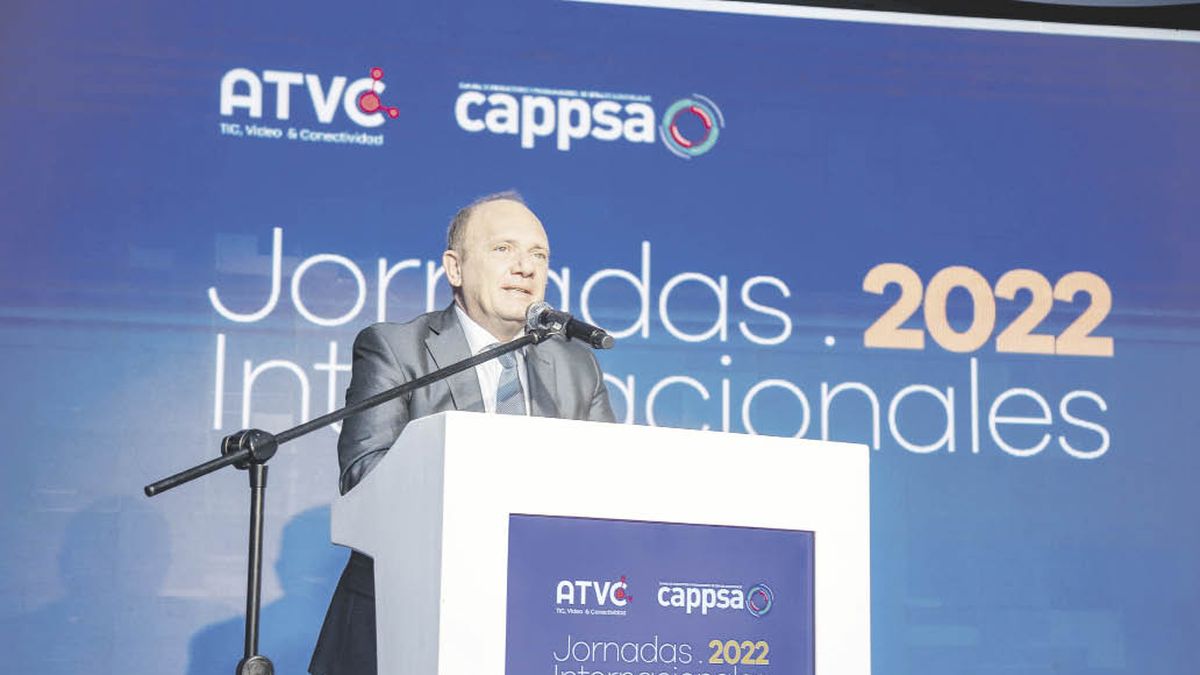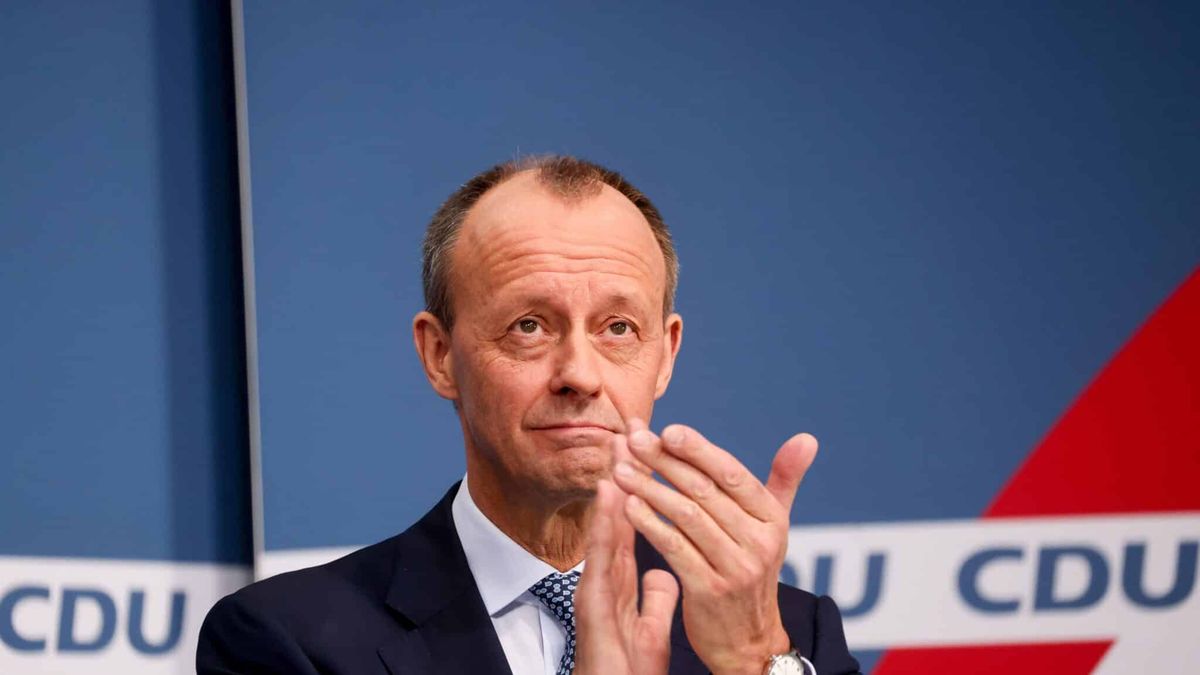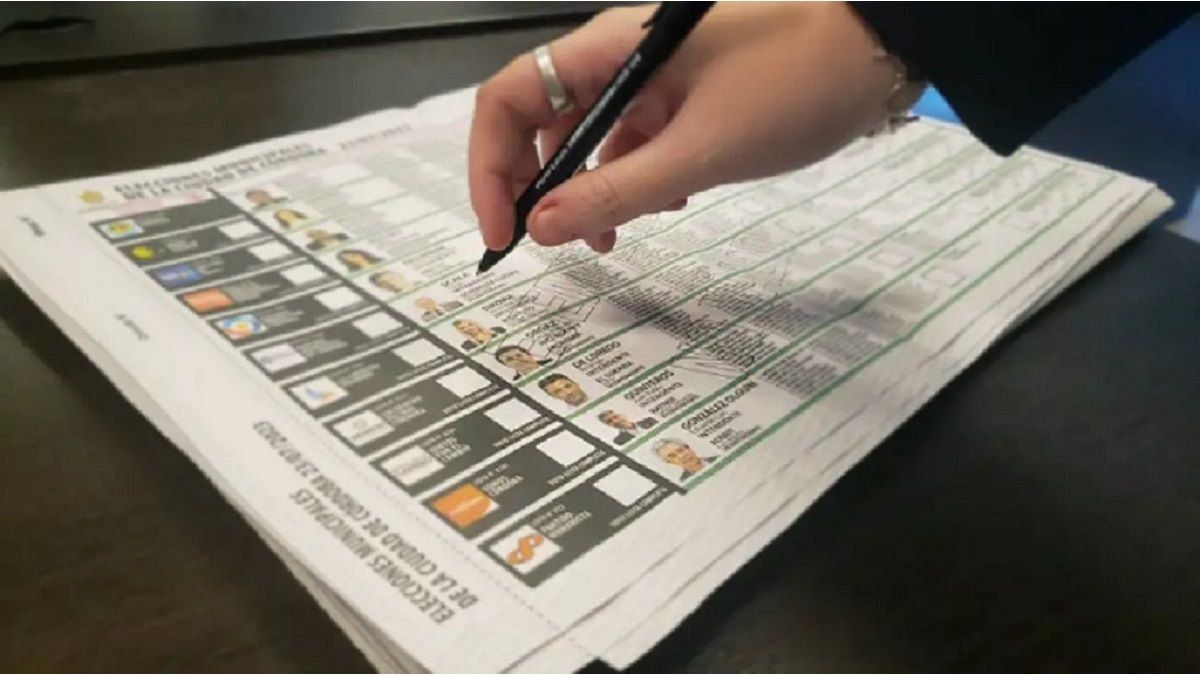Claudio Ambrosini, president of the ENACOM, He stated: “Regarding investment obstacles due to currency problems, we held a table with the mobile operators and the Secretary of Commerce and we will expand this work table. Even in this context, we have worked and managed, we have approved more than 900 new ICT provider licensesand during the three years we ensured the right to connectivity by reaching locations without coverage through the Universal Service Fund”.
The first day was focused on providing the vision of the industry from the protagonists of the sector in the traditional CEO conference. “The industry is investing more than two billion dollars in the last year”held Marcelo Tarakdjian, of Telefónica Movistar, while Roberto Nobile, of Telecom, commented that his company made an investment of 4,700 million dollars in the last 5 years. They also offered figures on connectivity in Argentina. “By the end of 2021, at least 2.9 billion people in the world had not yet connected to the internet or mobile broadband service. The digital divide exists”, assured Silvana Lettieri, from DIRECTV. That data had emerged during the pandemic, at a meeting at the United Nations of the International Communications Union, when connectivity was more necessary than ever.
On the second day, the needs and impact of connectivity and technology on the development of Argentina and the region were presented, which included an analysis of the digital ecosystem. In reference to 5G to Argentina, Nobile expressed: “It is a technology that enables the network to be opened so that any creator of an application can connect in a different way. This is something that has never happened before. It will be essential to find a way to articulate regional and knowledge economies to accelerate development”.
At the conference on the evolution of the digital ecosystem, Walter Costabell, of LocalStrike and Argentina Game Show, stated: “At the gamers’ parties, all the contents coexist in an event that is face-to-face and digital at the same time. It lives on the networks, on the platforms and also live”. He highlighted the support of sponsors, from new to historic companies, who come because they need to rejuvenate their audiences and familiarize young audiences with their brands. They did it hand in hand with gaming.
Marina Saroka, founder of LAMBO, which specializes in strategies and developments for Web3, metaverse, NFT and new platforms, he said: “Users are trying to create our own digital identity. Web3 gave power back to us users, made us self-sovereign, owned our digital assets, leveraged on the blockchain for secure encryption, and ensures transparency and decentralization. The metaverse are different virtual universes in 3D, interactive, social and immersive. They are interconnected and interoperable. Today there are more than 200”, she maintained.
Santiago of the Lane, of agrotoken, He referred to his business that links agriculture with tokens: “We are the first global infrastructure for the tokenization of agrocommodities. It is a technology that improves liquidity, speeds up and removes friction from agricultural transactions and contributes to the redistribution of irrigation. We create grain-backed tokens accessible 24/7 for any type of transaction, connecting the best of both worlds: Agro and Blockchain”, he graphed.
Gonzalo Hita of Telecom recognized that another very good year is closing in terms of connectivity and entertainment. He highlighted being part of an industry that requires heavy investment and was one of the few to pronounce “cable” on behalf of Flow. He indicated that Argentina maintains its client portfolio in cable TV, which leads to an exponential need for investment.
Hita referred to what he calls “viewer anguish” and the platform’s saving mission: “The greatest moment of anguish for a client is when a series ends. Helping him at that time is key. We must work on this aspect and join forces with OTTs to add value to the customer. We must be the meeting point of entertainment”.
In relation to Internet consumption, he said: “A client increases their data consumption between 30% and 40% per year, both fixed and mobile, in a world where remote work has doubled and therefore we have reduced from 48 to 12 hours of troubleshooting time. The failure of a service prevents someone from working.
Source: Ambito
David William is a talented author who has made a name for himself in the world of writing. He is a professional author who writes on a wide range of topics, from general interest to opinion news. David is currently working as a writer at 24 hours worlds where he brings his unique perspective and in-depth research to his articles, making them both informative and engaging.




